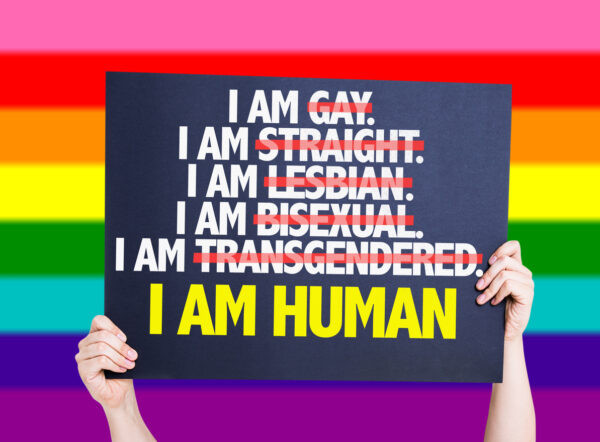Coming Out or Changing Gender at Work
Shawnee Love • July 20, 2018
This is such a hard topic to write about, because there is no perfect way to handle this situation. Every employee is different and as such may have different needs, wants and preferences.
I do know that coming out or changing gender is not a decision a person makes lightly. That individual may agonize over what to do and how to do it for a very long time. It’s stressful and fear inducing for everyone involved but particularly the individual making the change.
If you have an employee who comes and tells you they want to come out or change gender, start with being supportive.
How to Be Supportive
Ask what the person needs from you.
Work together to address those needs.
Be realistic about the obstacles such as potential reactions from staff or customers which can range from supportive to offended. Your employee has probably already thought about how to handle obstacles anyway and may have ideas or suggestions for you.
With respect to transitioning specifically:
- Find out what to expect with the steps of transition and timing, and be sure to ask how the person wants to let colleagues and customers know.
- Discuss things like bathrooms things like which bathrooms to use when, as well as what to call the person if a name change is planned.
As a manager, it is up to you to foster respectful and tolerant interactions and hold all employees accountable for the same. Better still, make inclusiveness the goal.
Fortunately, the pioneers of these decisions brought the concepts to the general public’s awareness, but that doesn’t mean there isn’t confusion, ignorance and fear associated with this kind of transition.
As such, consider bringing in an outside educator to present on the topic and help colleagues learn about what this transition means and how they can be supportive. The employee coming out or transitioning has enough on their plate without having to support everyone else through it.
Candidly, I don’t give a rats @ss about someone’s sexual preference. I’d rather not know about any of my employees’ sex lives if I can help it, and they can do who they want. That’s probably because I grew up in a time where sexual preference norms were changing and homosexuality, bisexuality and lesbianism transitioned from taboo to neighbours, friends, and family members. As with most things we are ignorant about, as my exposure grew, my fear of the unknown decreased.
Gender preference is something we are still widely ignorant about in our society. Increasing information and more exposure are beginning to change the norms, and it is likely in 20 years, we will all feel a lot more comfortable than we do today with this topic.
Any other comments or suggestions are welcomed.





